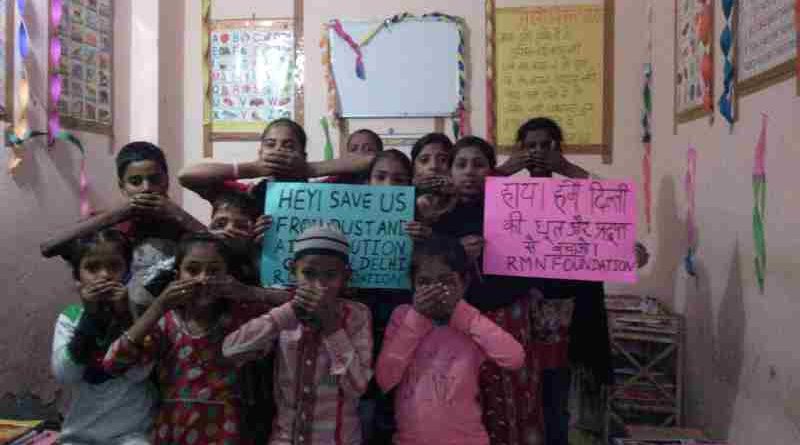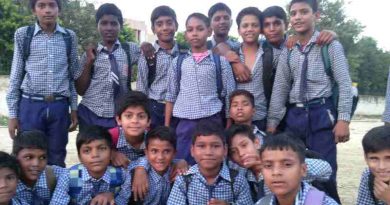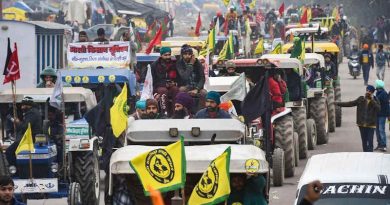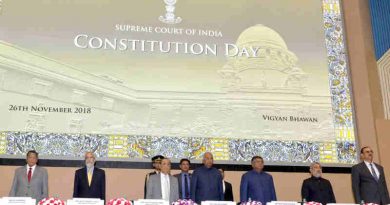Delhi Is a Wakeup Call for World on Air Pollution: UNICEF
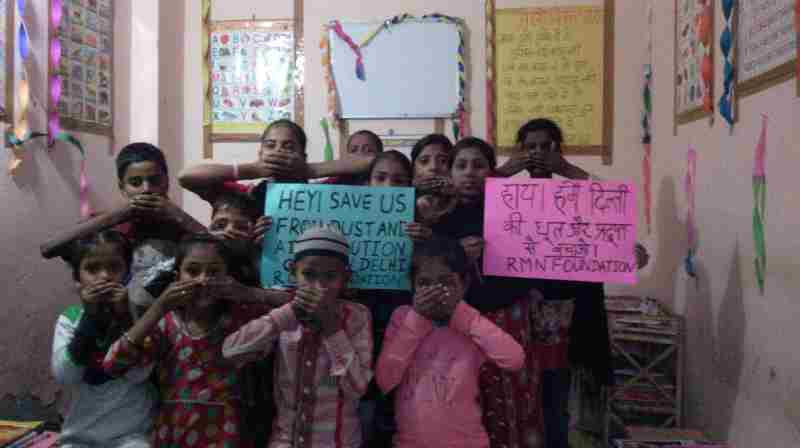
With every breath, UNICEF reports, children in India’s capital Delhi are suffering. Air pollution reports have indicated it hit record highs in the past weeks.
Some say it hit 999 micrograms of particulate matter per cubic meter in one neighborhood, compared to an average of between 150-350 in January 2016.
An estimated 4.41 million children in Delhi missed three days of school following a decision to close the city’s 5,798 schools to minimize the risk for children to be exposed to the polluted air.
But this is not just a challenge in Delhi, UNICEF said. It is a growing challenge for many cities around the world. Air pollution levels in other Indian cities, such as Varanasi and Lucknow, have been equally extreme in recent days.
[ How to Protect Your Child from Poisonous Pollution ]
And over the past year, air pollution levels in London, Beijing, Mexico City, Los Angeles and Manila have exceeded international guidelines – in some cases by considerable margin.
Meanwhile, as dust and air pollution level in Delhi has worsened during the month of November, an online petition from the local citizens has appeared on a community response site. It asks Indian government to take necessary steps to control pollution.
The petition says that children, elderly, and patients are among the affected groups of people, while construction dust and increasing number of vehicles are the main causes of deadly pollution.
Delhi is a wake up call to the world on air pollution, UNICEF warns. It is a wake up call to all countries and cities where air pollution levels have resulted in death and illness amongst children.
[ Can Government Check Corruption in Delhi Housing Societies? ]
It is a wake up a call that very clearly tells us: unless decisive actions are taken to reduce air pollution, the events we are witnessing in Delhi over the past weeks are likely to be increasingly common.
Recent UNICEF analysis has shown that, globally, 300 million children live in areas with the most toxic levels of outdoor air pollution – exceeding six times international guidelines.
Air pollution is a major contributing factor to some of the most deadly diseases children face, such as pneumonia. It also affects their overall health – studies show it is linked with and can exacerbate asthma, bronchitis, airway inflammation, coughing and wheezing.
[ Support RMN Foundation Free Schools for Deserving Children ]
Illness associated with air pollution can affect children’s ability to go to school. New research even points to the effects it can have on cognitive development amongst very young children.
Those without access to medical treatment, who are often the poorest, and those who have preexisting respiratory conditions, are at especially high risk. Almost a million children under-5 die from pneumonia per year – and about half of those cases are directly linked with air pollution.
However, there is much that can be done to improve the situation. We need stronger measures to cut back on the sources of air pollution. Air pollution moves across borders, both national ones as well as subnational ones, and so we will need coherent government policies to address these transboundary risks.
[ Government Takes Steps to Control Air and Dust Pollution in Delhi ]
Providing children with access to good quality healthcare is a major part of protecting them from air pollution, UNICEF suggests. Treatment and prevention programmes for pneumonia, as well as other respiratory conditions, can significantly reduce the chance a child falls sick or dies.
At a global scale, we need better monitoring of air pollution. When a child, a mother, a father or caregiver know how bad the air is on a real-time basis, they can begin to take actions to reduce exposure.
Pregnant mothers, and others who are at especially high risk, should do their best to avoid areas where air pollution is at its highest. Public knowledge on air pollution is a key first step to tackling it – it is key to supporting government policies to reduce it.
In the picture above: Children affected by dust and air pollution at the RMN Foundation free school for deserving children in Delhi. Photo of November 2016 by Rakesh Raman

